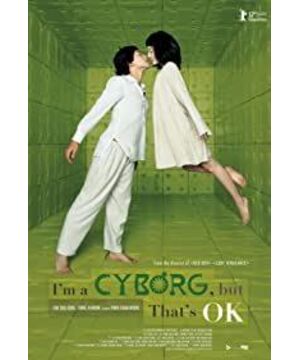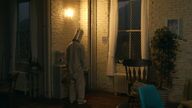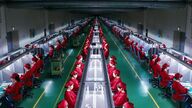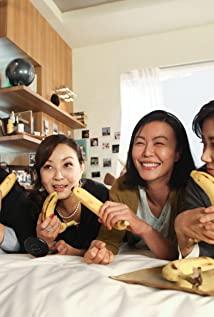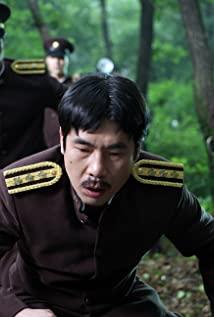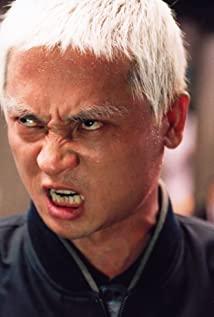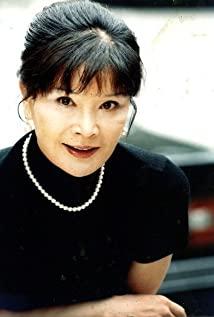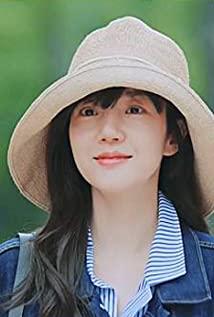Park Chan Wook is a really dark director.
But the darkest part of him is that he plays with the "dark" posture more deeply, meticulously, and longer than others, and God knows, he really loves it.
So one day, after I revisited "Old Boy" for the fifth time or perhaps the sixth time, I just learned that he was going to make a romance film, and I thought, it's not reliable, but it's so cool.
Sure enough, the film had a surrealistic grotesque beauty.
When I saw the beginning, the girl cut her wrist and looked blank as if she was cutting a white melon, then carefully inserted the wire into the bleeding wound and then carefully fixed it with tape, and finally turned on the power, I was relieved, I knew What I will see is still the dark Park Chan-yu, no matter how bright he is lurking underneath the appearance.
Park Chan Wook does not cherish the beauty of the two leading actors.
He hides Rain’s famous six-pack abs under his generous hospital gown, while Lin Xiujing’s delicate face has two weird yellow eyebrows. He puts them in silly hairstyles and ugly clothes, just like the beginning of kindergarten. The classmates love each other inexplicably.
I have to say that Park Chan-wook's violent attitude is really clever, it guarantees the atmosphere of the whole movie.
What should a mental hospital look like?
Roughly speaking, it should be full of discipline and punishment like in "Flying Over the Cuckoo's Asylum" and "Dream Traveler". It should be nervous, groggy, and hide the shadow of the system and murderous intent everywhere.
But no, that's not Park Chan-wook's cup of tea. This time he "does the opposite." His mental hospital is from the fairy tale department.
Yingjun, a young girl who thinks she is a robot, is determined to kill all the "people in white" who took her grandma (this kind old man thinks she is a rat).
But she faces two obstacles
-
one is that she can't overcome her compassion (the first of the seven deadly sins, and the rest are: sadness, restlessness, hesitation, daydreaming, guilt, and gratitude).
Second, her battery is not enough.
So she asked Yishun, who could steal anything, to steal her sympathy.
After that, she began to shoot the nurse in hallucinations, but finally fainted due to lack of energy.
You must know that as a robot, Yingjun only lives on charging and never eats human food.
In order to persuade Yingjun to eat, Yishun told her that he invented a rice tube that can convert the calories of rice into electricity.
So in the secret mechanical room, he opened a door on Yingjun's back and installed the rice tube in it.
Oh, this scene is really weird and moving, it's hard for Park Chan-yu to come up with it.
Basically, this movie is about the suffering and happiness of being an alien.
It is when a person lives among people who don't know her, in what way will she be sad and happy in what way.
Since we are in an era that is accustomed to obliterating differences, this era is unwilling to admit that what it calls "normal" is actually just some "ordinary."
Therefore, the role of the mental hospital is to take in the "abnormal" that has been eliminated and, if possible, to correct it.
Foucault once mentioned in "Madness and Civilization" that one of the functions of the concept of madness is to remind people of the mythological power of undomesticated nature.
Really, think of the peppermint sherbet socks and persimmon socks of a fat woman in the movie. They rub against each other to make the human body levitate and fly in sleep.
And Yishun can steal Thursday, steal the skills and courtesy, and even steal someone else's voice to sing for Yingjun.
There are two kinds of people who use their imagination to the fullest in this world, geniuses and lunatics, but in fact, we can't really distinguish them.
I like what Park Chan-wook said a lot. He said that describing the hope and love of life is actually more difficult than telling the frustration and pessimism of life, especially in this complex and difficult world, but you can’t do it in a hypocritical way. To describe, this is the biggest challenge.
But this time he slightly softened his heart, leaving a gap, letting love enter.
He told us through the stories of anti-social youths and robotic girls that if love is imminent, robots do not matter.
I still remember how desperate Iwai Shunji was in "Dream Traveler". When I was young, I would cry with hypocrisy when the gunshot shot at the end and the black toba flew all over the sky.
But fortunately, "The Robot Doesn't Matter" ended with a big vision. It was the early morning after the torrential rain. The sunrise was in the east, and the sky was vast and vast.
Some hurts may never be cured, but what does that matter? I also love your ailing soul.
2007-7-17
View more about I'm a Cyborg, But That's OK reviews


